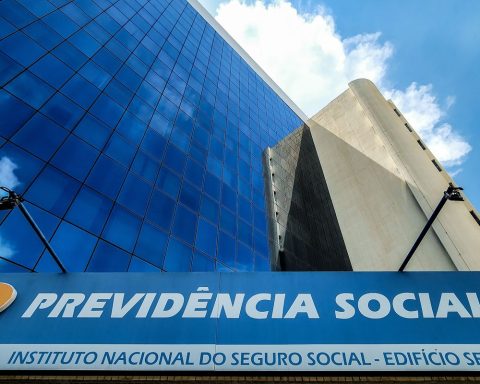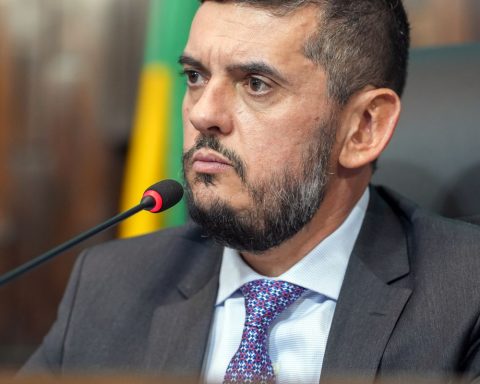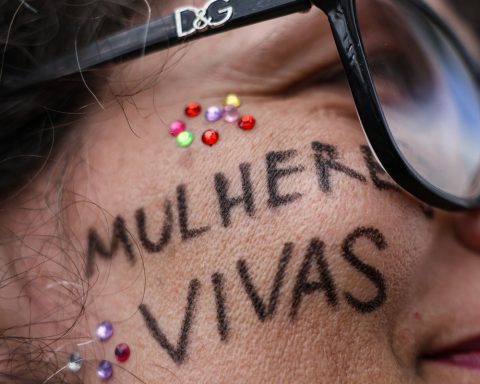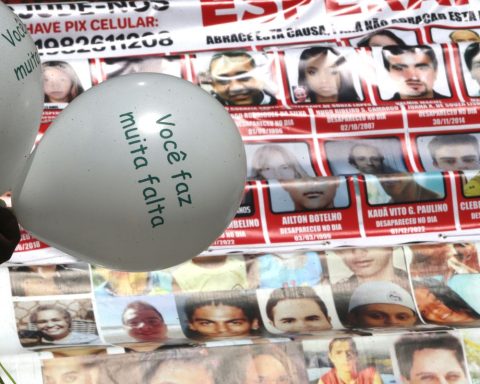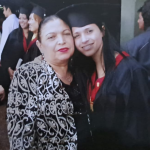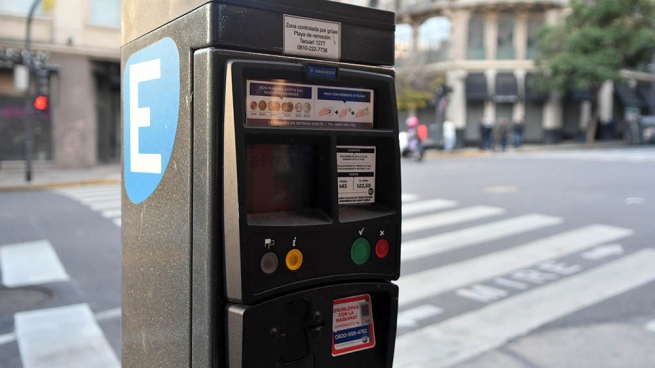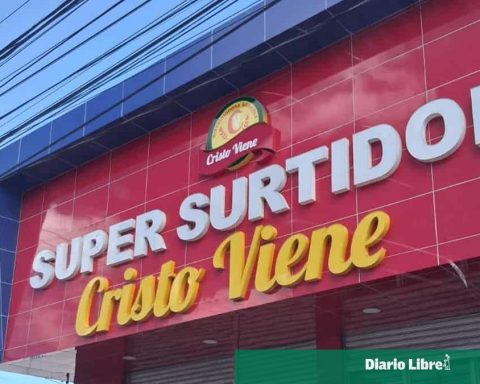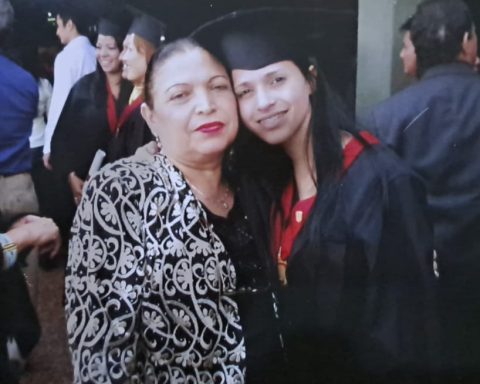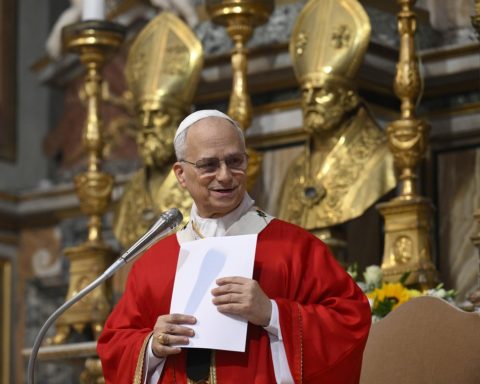Judge José Amilcar Machado, president of the Federal Regional Court of the 1st Region (TRF-1), suspended requirements imposed for joining the system online created to compensate those affected by the collapse of the Samarco mining dam, which took place in 2015.
The decision is valid for the residents of Naque (MG), but the Federal Public Ministry (MPF) has already informed that it will request the extension of its effects to the other cities.
The mandatory hiring of a private lawyer, the signing of a full discharge term and the waiver of other lawsuits claiming compensation are among the requirements considered illegal by the judge. For him, the amounts being paid were randomly defined and should be seen as an anticipation of compensation. Hiring a lawyer becomes optional.
If extended to those affected in other cities, the decision will have significant impacts on the reparation process. Signed on Tuesday (21), the measure partially responds to requests made by five justice institutions: MPF, Public Ministry of Minas Gerais (MPMG), Public Defender’s Office (DPU) and state public defenders of Minas Gerais and Espírito Santo .
“Receipt of indemnity amounts qualified as medium, randomly defined in a process whose decision was rendered shortly after receipt of the initial petition, can only result in partial discharge, that is, payments made in accordance with the urgent relief granted in the decision that it is intended to partially suspend, must be considered as an advance of indemnity (minimum indemnity floor),” Machado wrote.
dam failure
The rupture of the dam, located in the Minas Gerais municipality of Mariana, released an avalanche of tailings that reached the Rio Doce and flowed to the mouth, causing several socio-environmental and socio-economic impacts, in addition to 19 deaths. The compensation system onlinenamed Novel, was created in 2020, about five years after the tragedy that affected dozens of cities in Minas Gerais and Espírito Santo.
All repair actions were managed by Fundação Renova, an entity that is maintained with resources from Samarco and its shareholders Vale and BHP Billiton. It was created in 2016, pursuant to a transaction and conduct adjustment agreement (TTAC) signed between the three mining companies, the federal government, the governments of Minas Gerais and Espírito Santo. More than 40 programs are under its responsibility, including the individual indemnity program.
The work of the Renova Foundation, however, is heavily criticized by commissions of those affected and by justice institutions. The MPMG reached ask in court for its dissolutionalleging that the entity does not enjoy proper autonomy vis-à-vis the mining companies.
The length of the programs also motivated judicial questions: the reconstruction of the two destroyed communities in Mariana has not yet been completed. In July 2020, a report by Ramboll, one of the independent external consultants that advise the MPF, pointed out that only a third of the families registered in the entire Rio Doce basin had received any compensation.
The deployment of Novel was hailed by the Renova Foundation as a solution to unlock the compensation process, making it possible to recognize as affected informal workers who had difficulties in proving damages. On the other hand, it received criticism from the MPF. The system was divided into first-degree decisions, signed by judge Mário de Paula Franco Júnior. The first of them, in September 2020, included residents of Naque (MG) and Baixo Guandu (ES). Subsequently, new sentences included residents in another 42 cities.
Mário de Paula set values, ranging from R$ 71,000 to R$ 161,300, for indemnification of artisans, cart drivers, washerwomen, subsistence and informal fishermen, sand workers and others. The system also compensates formal categories such as professional fishermen, boat owners and companies such as hotels, inns and restaurants. The highest value is R$ 567.5 thousand, for shrimp boat owners.
Accession to the Novel
Novel membership should be done on the platform online by the lawyer representing the victim. They could charge up to 10% of the compensation as a fee. In his decision, judge José Amilcar Machado pointed out that the hiring of a private lawyer should be considered optional and that the Renova Foundation is obliged to provide free legal advice to those affected, as stated in clause 37 of the TTAC signed in 2016.
He also mentions that the MPF included in the case file reports of episodes involving threats and coercion and assessed that there are people affected in a situation of hypervulnerability. “They accepted all the obligations imposed, including those that are considered illegal, since they were in a state of absolute necessity of values, thus closing agreements without real autonomy”, he wrote.
The decision also provides support for those affected to seek indemnity in the United Kingdom, where BHP Billiton is headquartered. In the English courts, an action is being processed in which the PGMBM office represents thousands of affected people and several city halls and companies, in addition to the Catholic Church. Giving up this process was a prerequisite for joining the Novel.
According to the latest data released by the Renova Foundation, from its creation until April this year, the Novel has already allowed the allocation of R$ 6.01 billion to 59,500 people. The amounts correspond to 74.9% of all individual compensation paid since the tragedy.
wanted by Brazil Agency, the Renova Foundation informed that for the time being it will not comment on the decision of the president of the TRF-1. Samarco adopted the same stance. In a statement, the mining company said that “it was not summoned and, therefore, will not comment”.
controversies
Among several criticisms of the implementation of the Novel, the MPF questions why it was not summoned by Judge Mário de Paula to act as a supervisor of the law, since the matter involves collective rights. The processes of Naque and Baixo Guandu took place in secrecy. Appeals were filed by the MPF, in which some fixed amounts were contested and the receipt of actions filed by commissions of affected people without representation and without legitimacy.
As the Renova Foundation celebrated the decisions, the suspicion of a simulated dispute was raised, which occurs when the process is opened after prior agreement between lawyers of both parties. However, the previous features presented by the MPF were not successful.
In the city of Mariana (MG), Novel generated a unique situation. The municipality was one of the last to be included in the system.
Surprise
The measure took the MPMG by surprise because, unlike what happened in all other cities in the Rio Doce basin, the compensation of those affected in Mariana was being dealt with in the state courts. Until then, payments were made through the Mediated Intermediation Program (PIM). One of the main differences in Mariana’s case is that the State Court determined that the registration of families should not be carried out by the Renova Foundation, but by Cáritas, the entity chosen by those affected to provide technical assistance.
In May, Marino D’Ângelo, a rural producer and member of the commission for those affected in Mariana, told Brazil Agency that most of those who suffered the most damage refuse to accept the values offered under the Novel. “For those who didn’t have to run from the mud, who didn’t have their house or lands severely affected, the amounts can be welcome. But I see that Samarco and its shareholders Vale and BHP Billiton are using this compensation system to publish figures fabulous and encourage those affected on the front line to join. Some gave in and joined, but it’s an exclusion proposal. It doesn’t cover 10% of my damage”.
Caritas even prepared a primer listing concerns with some features of the Novel system. The document drew attention to the requirement to sign a full and full discharge term and to the impossibility of submitting a counter-proposal, since the values were set by the judge.
But in the PIM, many negotiations are also at a standstill. The Renova Foundation works with values that are different from those established in the damage matrix for those affected, prepared by Cáritas based on consultancy from research institutions. With no prospect of evolution, the MPMG filed, in October last year, a action against Samarco, Vale and BHP Billiton. An immediate allocation of R$ 2.54 billion was requested to indemnify the approximately 1,300 families of Mariana registered by Cáritas.
renegotiation
With the suspension of the validity of the terms of full discharge, victims already indemnified in the Novel can claim new payments to repair the damage suffered, increasing the existing liability. According to the National Council of Justice (CNJ), there are about 85,000 lawsuits related to the tragedy in progress in the country.
In search of a solution to this situation, a mediation which can lead to a renegotiation of all remedial efforts. The CNJ is leading this work.
The expectation of the MPF and the MPMG is that a new term for reparation will be signed with the mining companies, establishing another governance model, similar to the agreement for the tragedy in Brumadinho (MG), without the participation of an entity along the lines of the Renova Foundation .
The governments of Minas Gerais and Espírito Santo also participate in the public talks and hearings have been carried out to listen to those affected.

